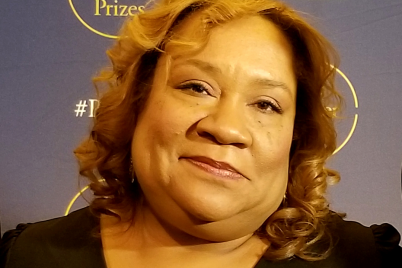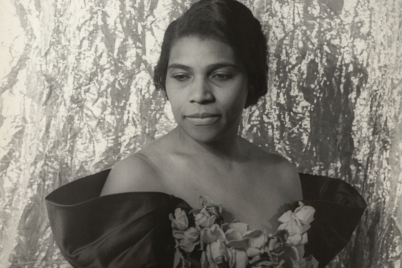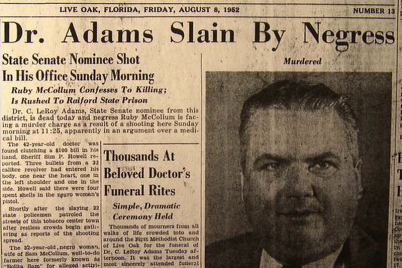Patrice Harris is an American psychiatrist and the first African-American woman to be elected president of the American Medical Association. [CC BY 2.0]
BY KEISHA BELL | Visionary Brief
What initially comes to mind when you hear the term “community service?” A common definition of the term is that it is unpaid work intended to help people in a particular area. The implication of the term changes when it is ordered in the legal arena. Unpaid work can reveal one’s true heart, or it can be the bridge between what keeps one in bondage and where one may obtain freedom.
What comes to mind when you think of someone serving her community? Did you dismiss the requirement of working without pay? Does one’s reception of a paycheck adversely affect how you interpret the genuineness of her service?
The idea of sincerely serving others must allow for her to independently determine the best usage of her time, talents, skillset, and worth to be most effective. When this is done, the community will see the progression of service even when it does not see her.
Meet Patrice Harris, a psychiatrist. Harris was born in Bluefield, W.Va. She graduated from West Virginia University, where in 1982 she earned a Bachelor of Arts in Psychology, in 1986 she earned a Master of Arts in Counseling Psychology, and in 1992 she earned a medical degree. She mixed her passion to improve the lives of children and to serve others with her interest in psychiatry.
In 2001, Harris was selected Psychiatrist of the Year by the Georgia Psychiatric Physicians Association. In 2007, she was inducted into the West Virginia University Academy of Distinguished Alumni. Furthermore, in 2018, Harris became the first African-American woman to be elected president of the American Medical Association (AMA).
After medical school, Harris left West Virginia and moved to Atlanta to begin her psychiatry residency at Emory University Hospital in Child and Adolescent Psychiatry. There, she received child psychiatry and forensics fellowships.
From 2001 to 2003, she became a senior policy fellow and lobbyist for the Barton Child Law and Policy Clinic at the Emory University School of Law. Harris addressed public policy for abused and neglected children before the Georgia legislature and in public education programs.
As she continued to work and define herself professionally, she was creating a work portfolio of service in both the clinical and in the advocacy arenas. By 2005, she served as the medical director of the Department of Behavioral Health and Developmental Disabilities at the Fulton County Department of Health Services. From 2009 to 2015, she became its director of Health Services.
Harris not only worked to integrate public health, behavioral health and primary care services, she also became an active member of the AMA, as well as of the American Psychiatric Association (APA). Harris was elected to the AMA’s Board of Trustees in June of 2011. She has also served as a past president of the Georgia Psychiatric Physicians Association and has served on the APA’s board of trustees.
Harris’ diverse professional experience as a private practicing physician, public health administrator, patient advocate and medical society lobbyist prepared her for her current role as president of the AMA.

Keisha Bell
She has appeared on numerous mainstream media outlets where she discussed topics such as the opioid epidemic, access to care, prescription drug availability and cost, scope of practice, mental health parity, obesity and gun violence. Harris continues in private practice and is an adjunct professor in the Emory Department of Psychiatry and Behavioral Sciences.
Community service versus serving one’s community – what comes to mind? Harris serves her community. By doing so, she serves the world.
Keisha Bell is an attorney, author, and public servant.








